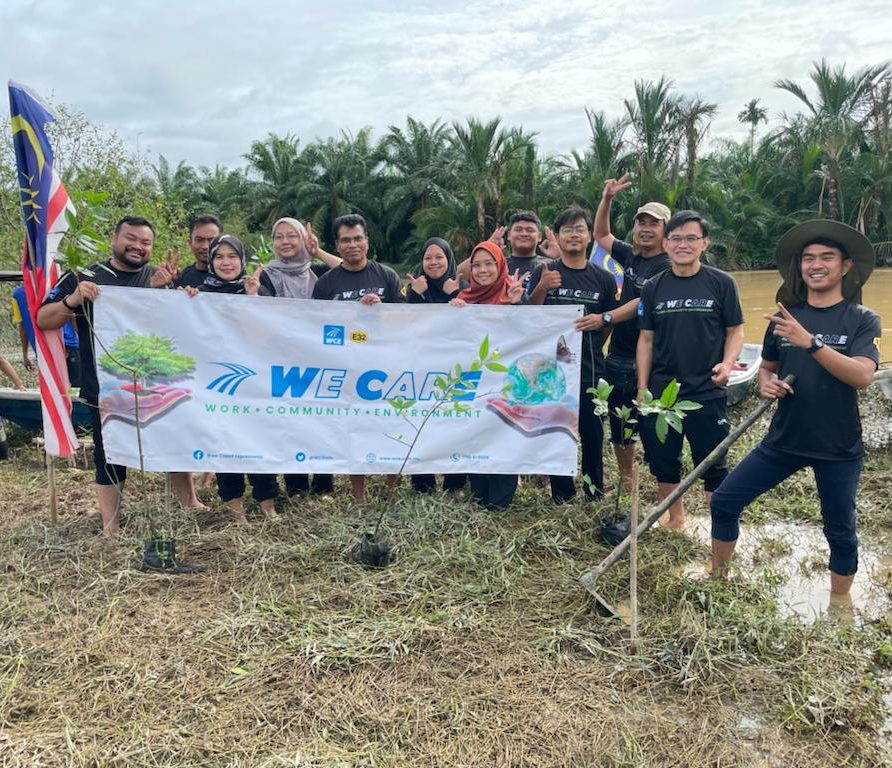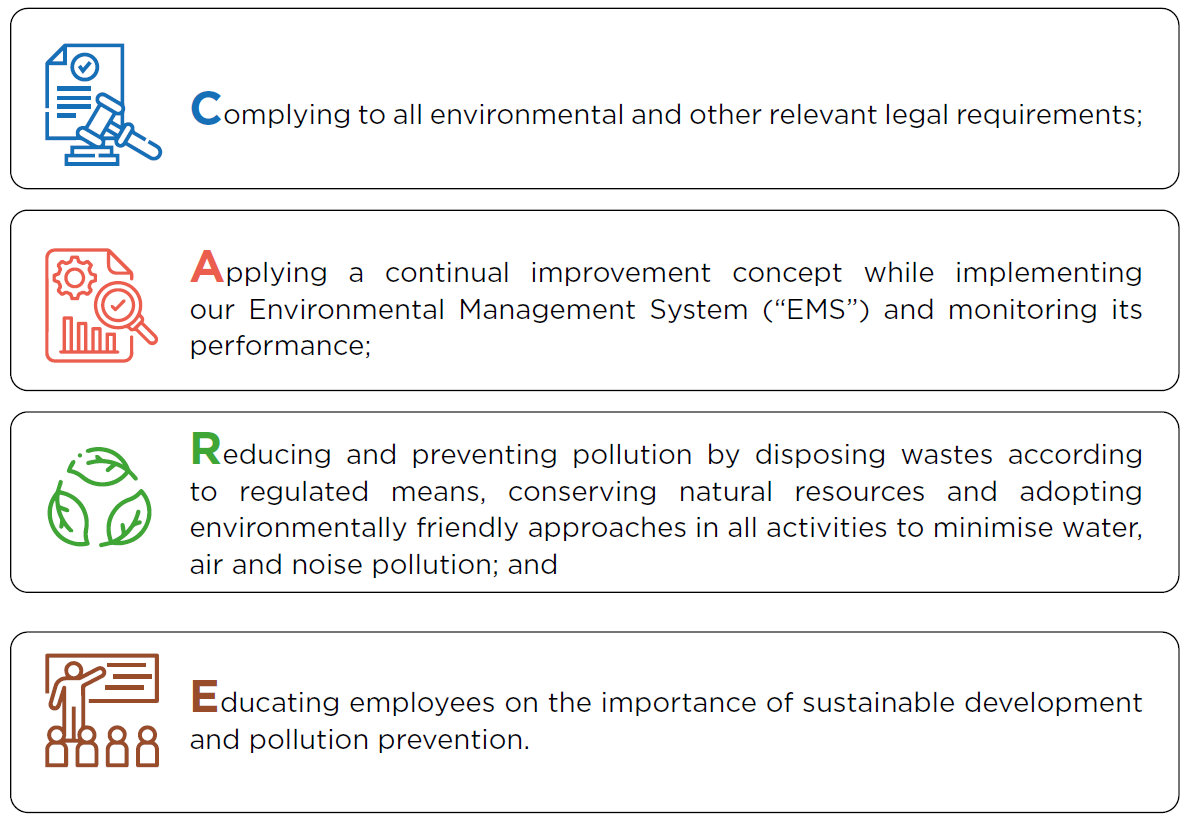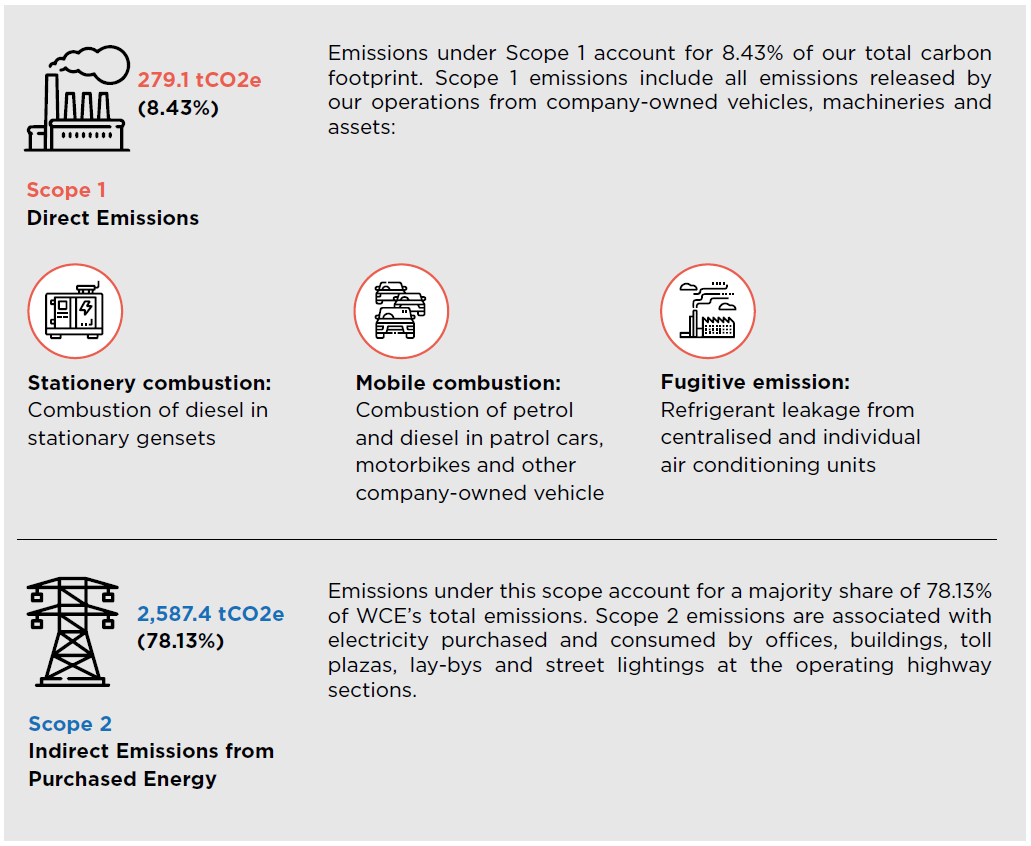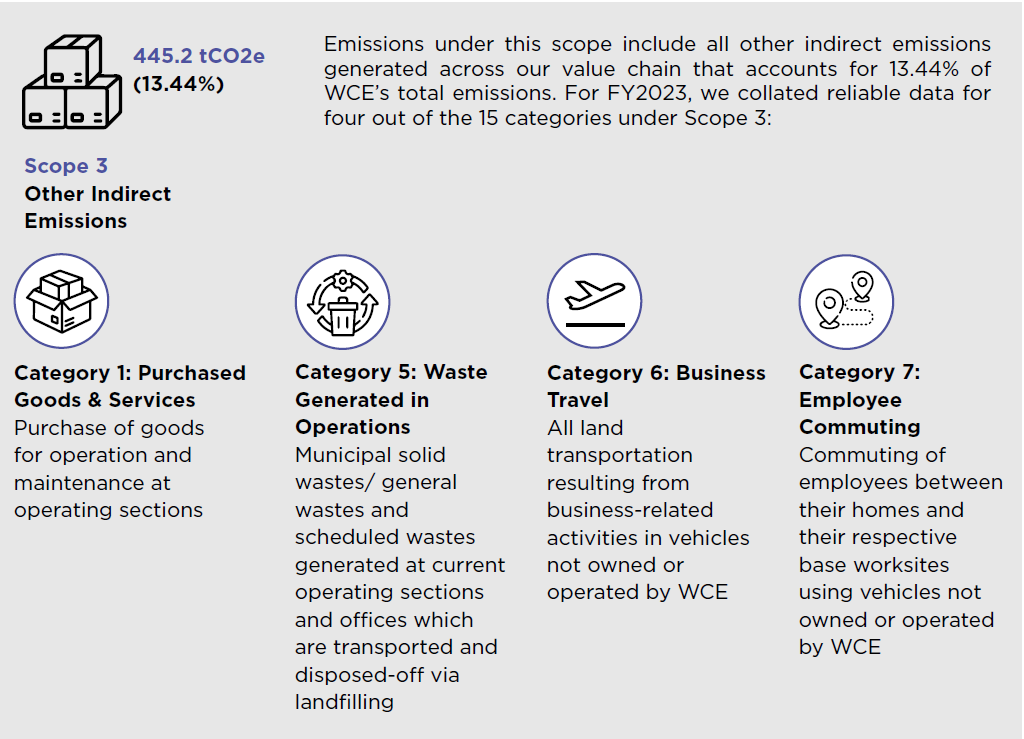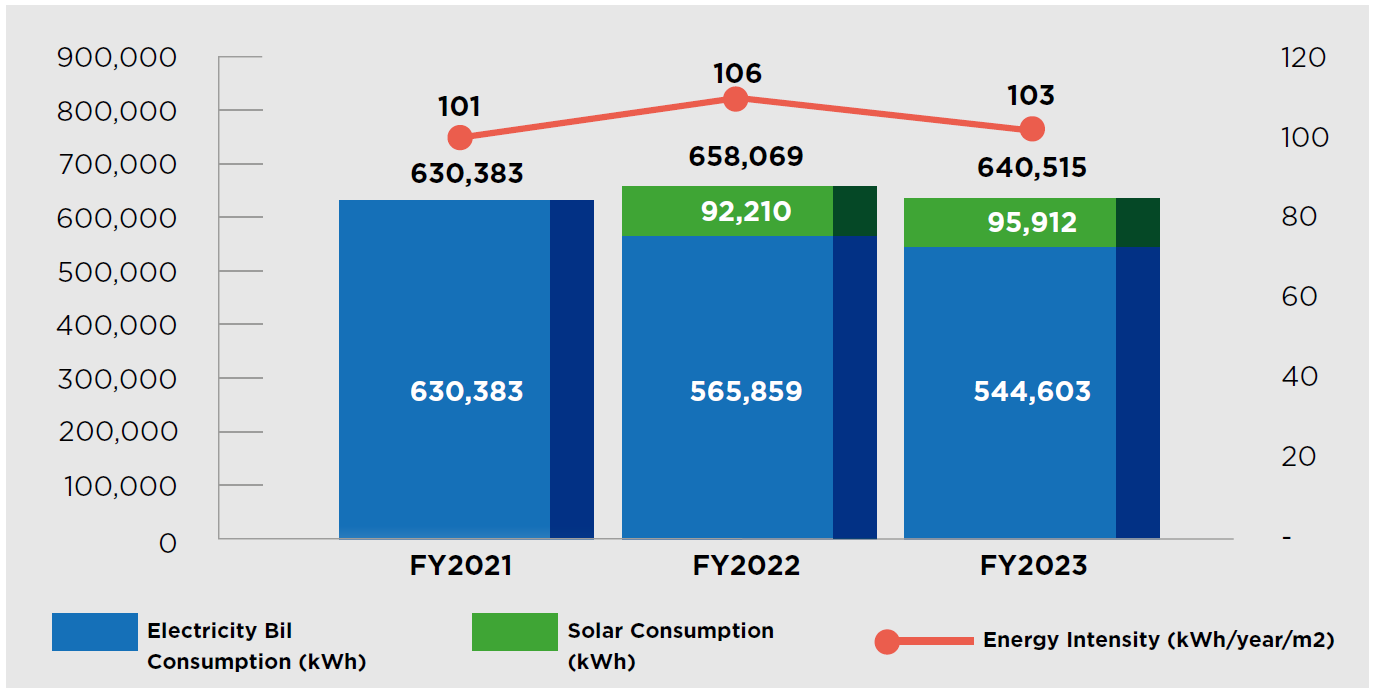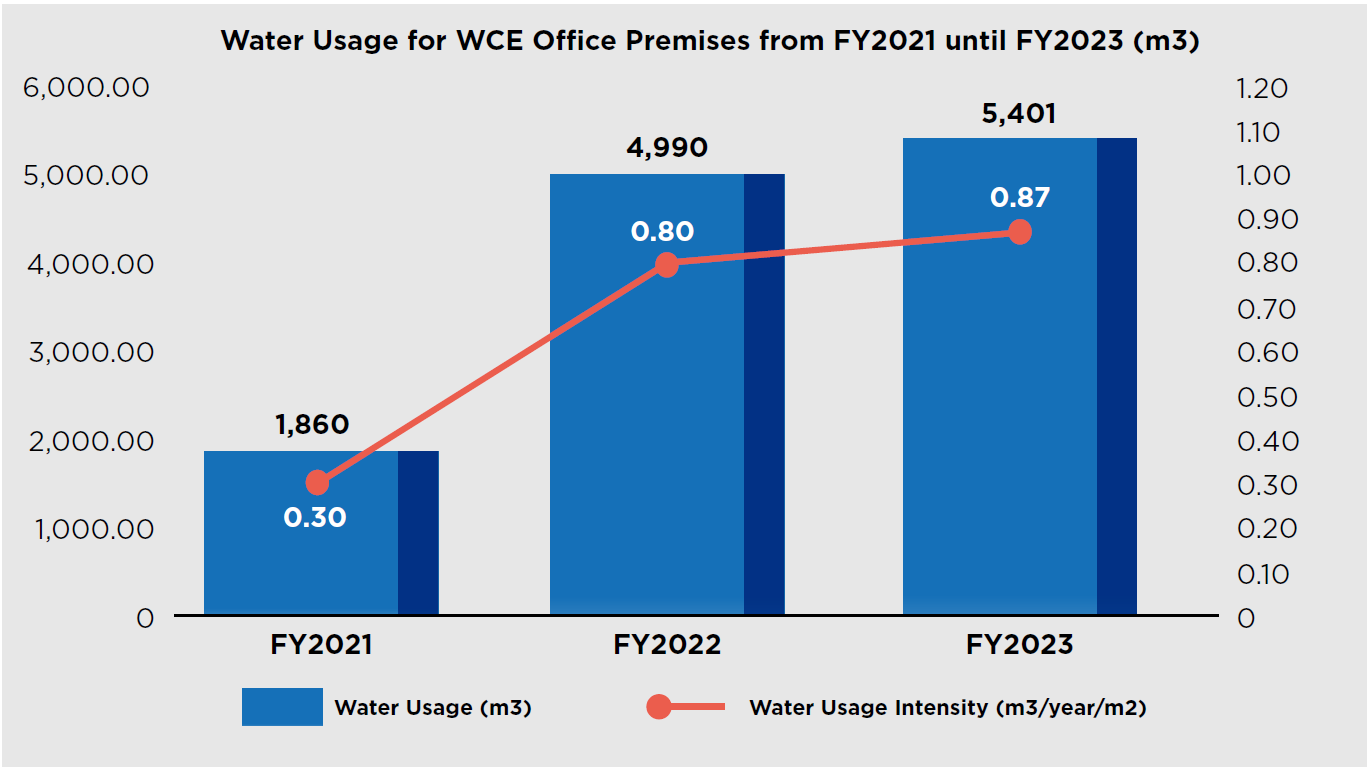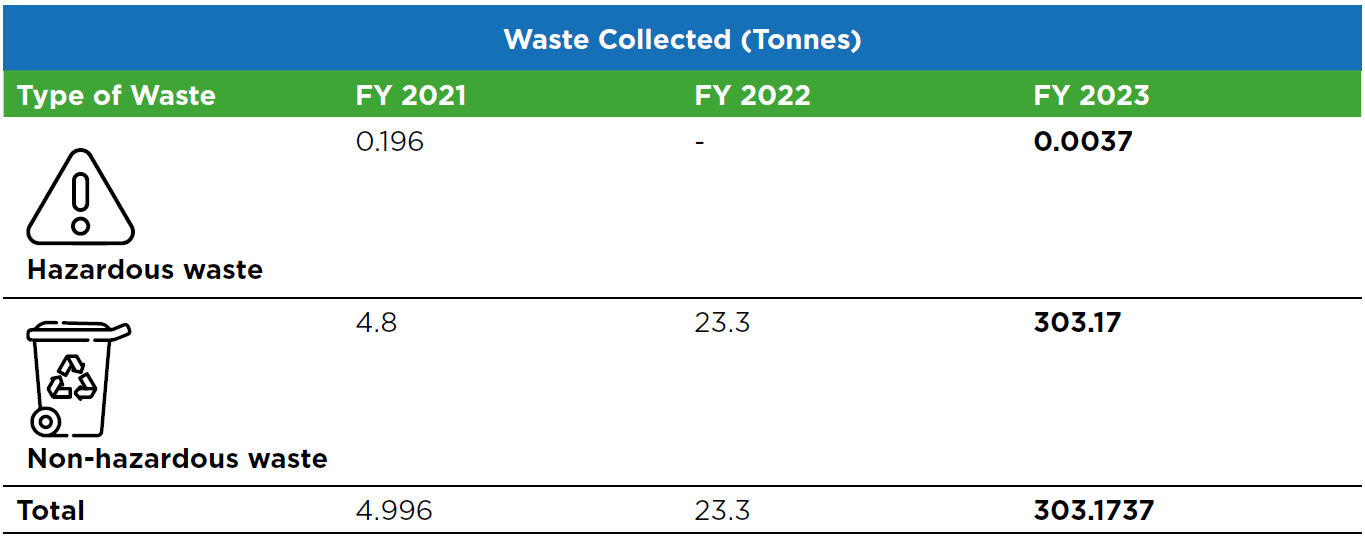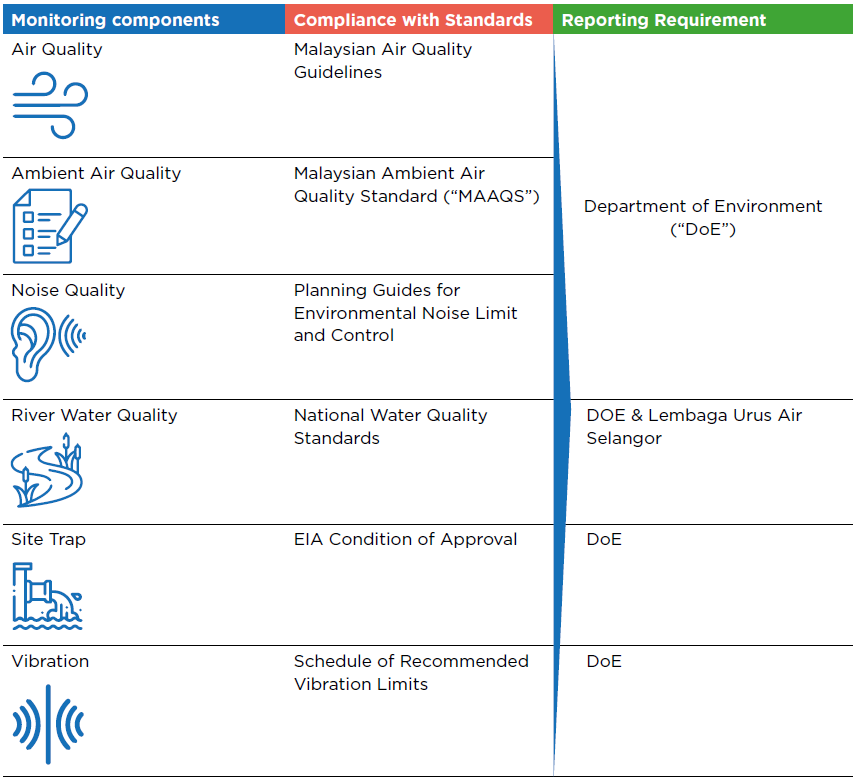BIODIVERSITY
Through the Preliminary Environmental Impact Assessment (“PEIA”), we have minimised the impact of the construction of WCE on the surrounding biodiversity as well as to maximise the preservation of flora and fauna by moving any protected species to the conservation areas identified. WCE is in the process of replanting trees along the expressway upon the completion of the project and is in support of the Program Penghijauan Malaysia through Kempen Penanaman 100 Juta Pokok under Rancangan Malaysia ke-12 (RMK12). To-date, WCE has officially recorded and registered 11 trees under this campaign and will continuously update the tree inventory to support this initiative.
